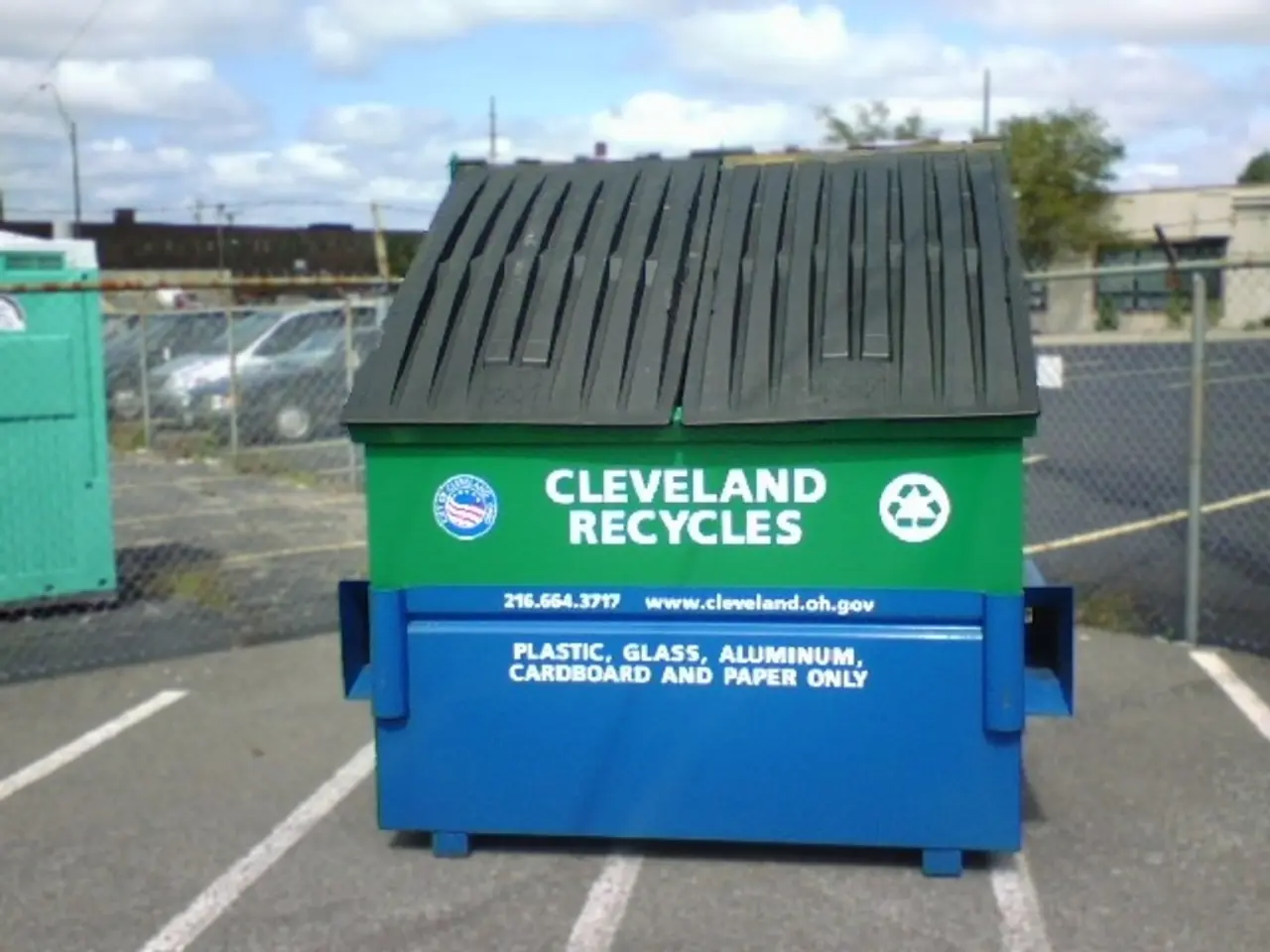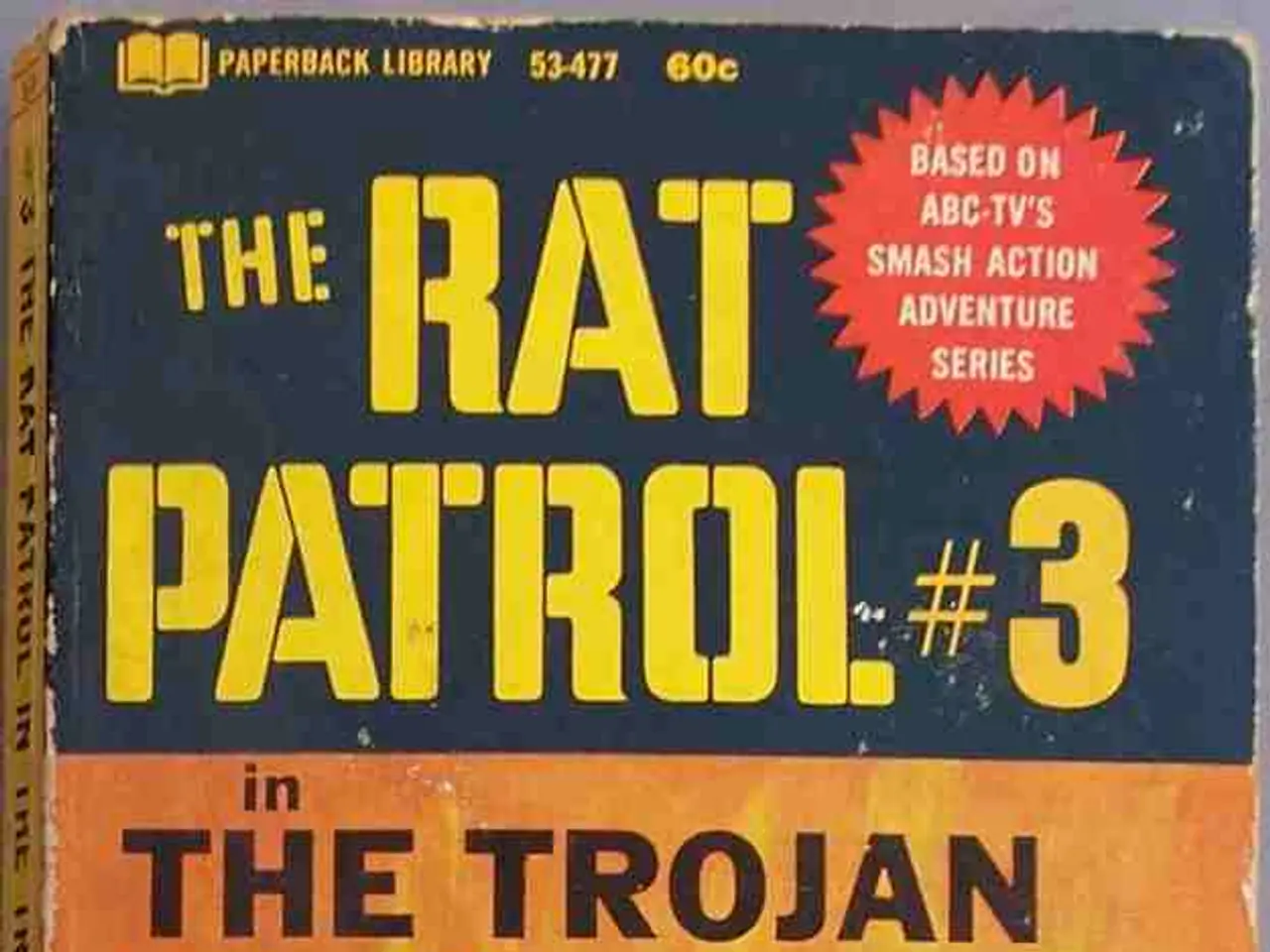A Financial Boost for Eco-Friendly Households: Subsidy Returns in 2025!
Homeowners receive another financial aid, with amounts up to 100 EUR
In these challenging financial times, every little assist can make a significant difference. That's why the return of a subsidy for environmentally conscious households in 2025 is welcome news indeed. This year, citizens who commit to reducing waste can secure up to 100 euros.
The Highly Popular Subsidy's Return: More Than Just Money
The subsidy was popular last year, and its return in 2025 isn't merely about the money. It aims to encourage thoughtful waste disposal, encouraging people to think twice before they toss something away. Last year, the subsidy positively impacted small repair workshops and cafes, which might have struggled otherwise. Many people admitted that they probably wouldn't have pursued a repair without the extra financial incentive.
Key Points for Subsidy Applicants
Last year, the subsidy encouraged people not to throw away their electronic devices, mobile phones, coffee makers, washing machines, and other household appliances and buy new ones. Instead, they had them repaired, helping local businesses. In 2025, the subsidy will cover half of the repair costs, or up to a maximum of 100 euros, per year and household. Though the pot of money is smaller this year, the responsible parties still anticipate high participation. Approximately 10,000 applications have been submitted each year since 2021.
With the Thuringian program contributing more money to the pot in 2025, now is the perfect time to consider getting your household goods repaired instead of replaced. If you're keen to do your bit for the environment while saving some money, this subsidy could be just what you need!
(Enrichment Data: The U.S. aims to cut food waste and environmental impacts by 50% by 2030. Citizens can participate in local recycling, reduce food waste at home, and engage in community initiatives to support this goal. Other countries like Germany focus on policy actions to reduce waste methane emissions, but direct citizen subsidies are less common.)
In 2025, the return of the environmental-science based subsidy not only provides financial support for eco-friendly households but also serves to encourage personal-finance savvy citizens to think about sustainable waste disposal, fostering local repair businesses. The subsidy, which covers half of the repair costs up to a maximum of 100 euros per year and household, is anticipated to see high participation, with nearly 10,000 applications submitted each year since 2021. This subsidy not only promotes environmental-science initiatives but also serves as a form of personal-finance assistance for those seeking to reduce waste and save money.




